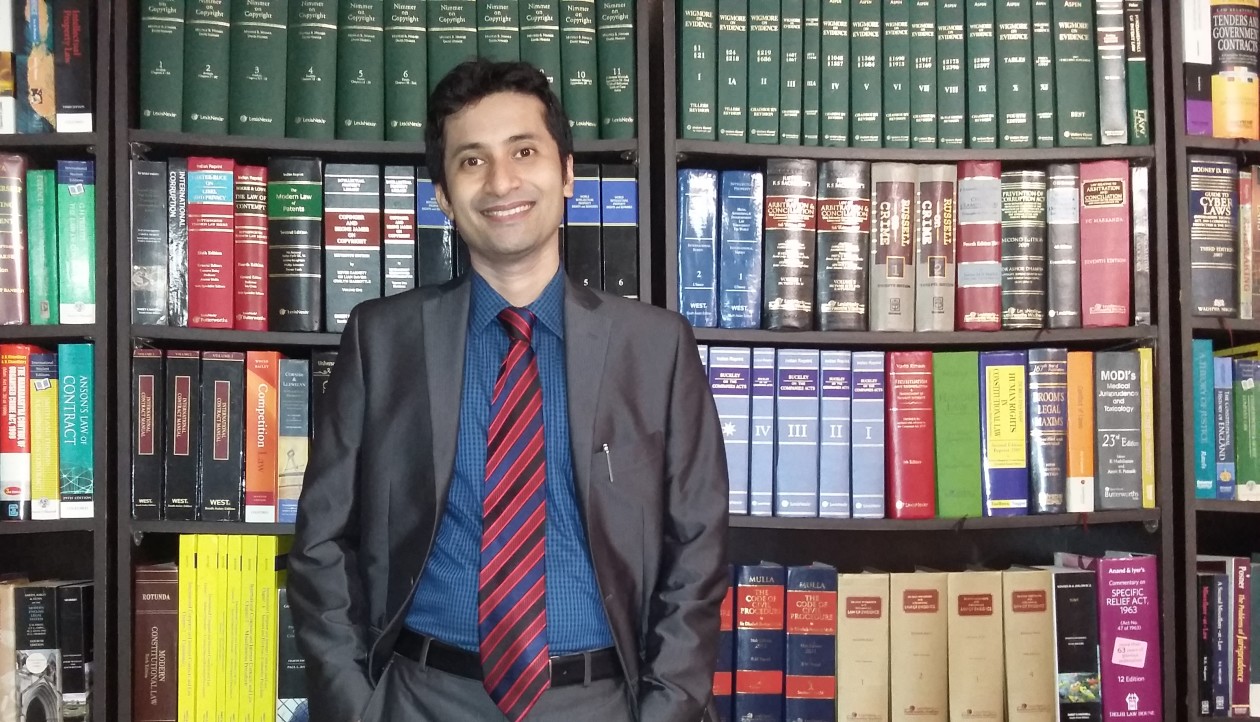New arrivals on the Greek islands now are down to less than a hundred than from an average 10,000 a day at the peak last October. Also the latest figures from Turkey’s Coast Guard show that the EU-Turkey deal is working, with the number of migrants intercepted at sea only 1,536 in April whereas 8,100 people were intercepted in March. This has led the European Commission to declare that Turkey has broadly met the criteria for early visa liberalization and would be asking EU governments and the European Parliament to approve the decision by the end of June. This will allow visa-free travel to Europe for millions of Turks, as a reward for having reduced a flood of refugees and migrants into Europe to a mere trickle.
On 18 March this year, following on from the EU-Turkey Joint Action Plan activated on 29 November 2015 and the 7 March EU-Turkey statement, the European Union and Turkey decided to end the irregular migration from Turkey to the EU. EU and Turkey have agreed that all new irregular migrants crossing from Turkey into Greek islands as from 20 March 2016 will be returned to Turkey but in full accordance with EU and international law. The agreement stipulates that all such migrants will be protected in accordance with the relevant international standards and in respect of the principle of non-refoulement. As per the agreement, migrants arriving in the Greek islands will be duly registered and any application for asylum will be processed individually by the Greek authorities in accordance with the Asylum Procedures Directive, in cooperation with UNHCR but migrants not applying for asylum or whose application has been found unfounded or inadmissible in accordance with the said directive will be returned to Turkey. The agreement further stipulates that for every Syrian being returned to Turkey from Greek islands, another Syrian will be resettled from Turkey to the EU taking into account the UN Vulnerability Criteria. A mechanism will be established, with the assistance of the Commission, EU agencies and other Member States, as well as the UNHCR, to ensure that this principle will be implemented as from the same day the returns start. Priority will be given to migrants who have not previously entered or tried to enter the EU irregularly.
As per the agreement, Turkey will take any necessary measures to prevent new sea or land routes for illegal migration opening from Turkey to the EU, and will cooperate with neighbouring states as well as the EU to this effect. Once irregular crossings between Turkey and the EU end or at least have been substantially and sustainably reduced, a Voluntary Humanitarian Admission Scheme will be activated.
On the monetary aspect, the EU will further speed up the disbursement of the initially allocated three billion euros under the Facility for Refugees in Turkey and ensure funding of further projects for persons under temporary protection identified with swift input from Turkey before the end of March. A first list of concrete projects for refugees, notably in the field of health, education, infrastructure, food and other living costs, that can be swiftly financed from the Facility, will be jointly identified within a week. Once these resources are about to be used to the full, and provided the above commitments are met, the EU will mobilise additional funding for the Facility of an additional 3 billion euro up to the end of 2018. Also the fulfilment of the visa liberalisation roadmap will be accelerated with a view to lifting the visa requirements for Turkish citizens at the latest by the end of June 2016. The EU and its Member States are further obligated to work with Turkey in joint endeavour to improve humanitarian conditions inside Syria, in particular in certain areas near the Turkish border which would allow for the local population and refugees to live in areas which will be more safe.
The Turkish President Recep Tayyip Erdogan recently warned that it would stop implementing the deal with the European Union on curbing the flow of refugees to Europe if the EU failed to fulfill its promises under the agreement. Now the EU hastily seems to fulfil its commitments under the deal so that Turkey does not renege from its commitments. But allowing of visa free travel to Turks have not gone down well with few European nations who are voicing their resentment quite openly. In the coming days it will be interesting to watch how the EU tackles the objections of the member states in fulfilling its commitments made to Turkey
